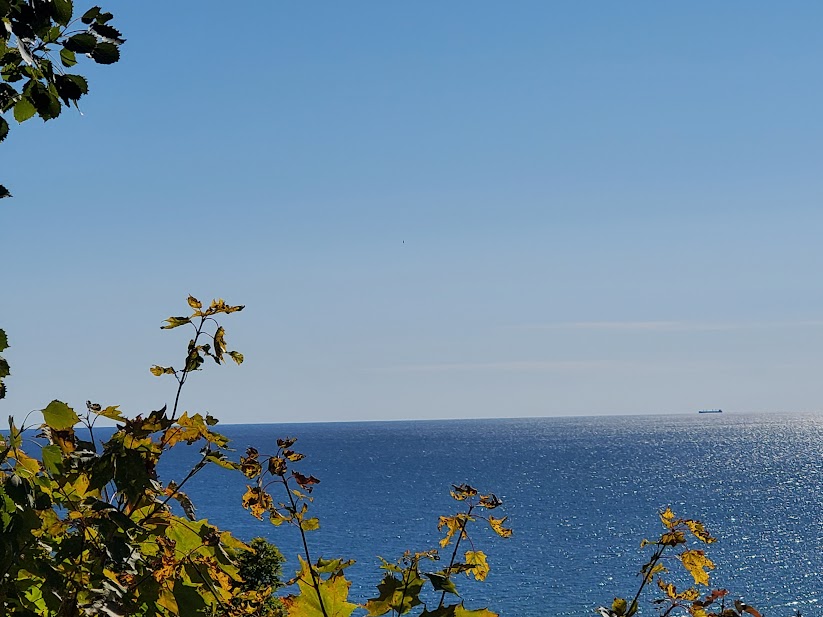June 18, 2023. The Federal Court Decision made last week by Judge William Conley in the United States District Court of Western Wisconsin located in Madison may have implications in the Straights of Mackinac Enbridge Line 5 U.S. Army Corps of Engineers Federal Permit currently under review.
Those that oppose the US Army Corp of Engineers Permit to allow construction of a new Line 5 Tunnel in the Straights of Mackinac may have reason to be hopeful as a result of the court’s ruling last week. Parties opposing the permit include the Sault Ste Marie Tribe of Chippewa Indians along other Native American Tribes and the Canadian based Anishinabek Nation representing 39 First Nations across Ontario. They believe the risk of a pipeline leak in the Great Lakes would have devastating effects and irreparable consequences which outweigh the need for the pipeline. They are requesting an end to the use of Line 5 by Enbridge in the Straights of Mackinac. If needed they may argue in court that the risk of a pipeline leak in the Great Lakes Straights of Mackinac is as much of a “nuisance to all Michigan Tribes” as when the court ruled that “a rupture on territory that belongs to the Bad River Band of the Lake Superior Chippewa Indians Reservation would constitute a clear public nuisance” under federal law. With that ruling Judge William Conley ordered Enbridge to pay the Bad River Band of Lake Superior Chippewa $5.1M in Line 5 profits and were ordered to move the pipeline off the reservation by 2026. The Federal Suite between Enbridge and the Band of Lake Superior Chippewas was filed when Enbridge continued to operate the pipeline on tribal lands after their lease was not renewed because of fears the aging pipeline could cause long-term damages to the reservation's ecosystem.
Enbridge argued they are legally bound to keep the pipeline running under the 1977 Pipelines Treaty between Canada and the United States, which requires a ten-year notice period before either party can withdraw.
The Treaty between the United States and Canada is based on both governments “BELIEVING that pipelines can be an efficient, economical, and safe means of transporting hydrocarbons from producing areas to consumers.”
As a result of the treaty, Line 5’s 465-mile pipeline transports up to twenty-three million gallons of oil and liquid natural from Superior, Wisconsin to Sarnia, Ontario traveling through the U.P. of Michigan including in the Great Lakes Straights of Mackinac daily.
While no mention was made regarding the Straights of Mackinac last week, interested parties should see the court ruling as their chance to take part in new talks to immediately reduce the risk of a pipeline leak in the Straights of Mackinac. If not they may find themselves arguing over whose fault it was after the fact if a pipeline leak happens before the aging pipeline can be replaced.

